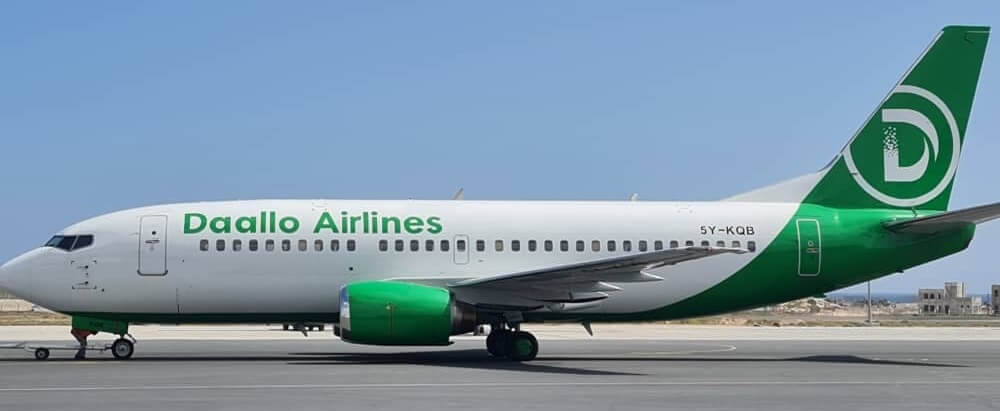
Why an Unrecognized African State Could Reshape Middle Eastern Security
In the complex geopolitics of the Horn of Africa, Israel may be eyeing its most unconventional ally yet: Somaliland, a self-declared state that doesn’t officially exist.
The Strategic Calculus
According to a recent study by Israel’s Institute for National Security Studies (INSS), Somaliland presents a unique opportunity for Israeli strategic interests in a region increasingly vital to global security. Unlike its chaotic neighbor Somalia, Somaliland has maintained relative stability and democratic governance for over three decades since declaring independence in 1991. Despite functioning as a de facto state with its own currency, military, and democratic institutions, it remains unrecognized by the international community—a status that paradoxically might make it more valuable to Israel.
The INSS analysis highlights three key advantages Somaliland offers: proximity to Houthi-controlled areas in Yemen, a track record of effective security coordination, and a political culture that has actively resisted Islamist extremism. This combination is particularly attractive as Israel seeks to counter Iranian influence across the Red Sea corridor, where the Houthis have increasingly threatened international shipping lanes with support from Tehran.
Learning from the Azerbaijan Model
The comparison to Azerbaijan is particularly instructive. Israel’s partnership with Baku has provided crucial intelligence capabilities near Iran’s northern border, access to energy resources, and a Muslim-majority ally that shares Israel’s concerns about Iranian expansionism. The relationship has operated largely below the radar of international attention, allowing both countries to pursue shared interests without the complications of high-profile diplomacy.
Somaliland could offer similar advantages in the Horn of Africa. Its location at the southern entrance to the Red Sea provides strategic oversight of one of the world’s most important maritime chokepoints. With the Houthis increasingly weaponizing their position on the Yemeni coast, having a friendly presence across the Gulf of Aden could prove invaluable for protecting commercial shipping and monitoring Iranian weapons transfers.
The Democracy Dividend
What makes Somaliland particularly intriguing is its democratic credentials in a region dominated by autocrats and failed states. The territory has held multiple peaceful elections, transferred power between opposing parties, and maintained a functioning civil society—achievements that elude many recognized states in Africa. This political stability, combined with a Sufi-influenced Islamic culture that rejects extremism, creates a natural alignment with Israeli security interests.
The unrecognized status of Somaliland might actually enhance its value as a partner. Without formal diplomatic relations to complicate matters, cooperation could proceed through informal channels, military contractors, and intelligence sharing—much as Israel has operated in other sensitive regions. This ambiguity provides both countries with plausible deniability while pursuing mutual interests.
Regional Ripple Effects
Any Israeli engagement with Somaliland would send ripples through regional politics. Ethiopia, which uses Somaliland’s Berbera port and has its own complex relationship with Israel, might view such cooperation favorably. Conversely, Somalia’s federal government in Mogadishu, which considers Somaliland a breakaway region, would likely protest vehemently. The African Union’s position on territorial integrity would be tested, potentially creating new divisions over recognition politics.
The broader implications for Israel’s Africa strategy are significant. As Arab states normalize relations with Israel through the Abraham Accords, African partnerships become increasingly important for countering Iranian influence. Somaliland represents a low-cost, high-impact opportunity to establish a strategic foothold in a critical region.
Yet questions remain about implementation. Would Israel risk alienating Somalia and its supporters for an unrecognized entity? Can Somaliland’s modest military capabilities truly provide meaningful security cooperation? And how would China, which has significant interests in both Somalia and the Red Sea region, react to an Israeli presence in Berbera?
As great power competition returns to the Horn of Africa and the Red Sea becomes a flashpoint for regional tensions, perhaps the more provocative question is not whether Israel will engage with Somaliland, but whether the international community’s refusal to recognize functional democracies while maintaining relations with failed states is itself a greater threat to regional stability?
Source Middleeast24.org






